We may earn money or products from the companies mentioned in this post. This means if you click on the link and purchase the item, I will receive a small commission at no extra cost to you … you’re just helping re-supply our family’s travel fund.
Japan’s legal system looks orderly and polite from the outside, but the rules can feel surprisingly sharp around the edges. Habits that feel harmless in the United States can carry real legal weight once immigration stamps a passport. Police have broad discretion, paperwork matters, and social expectations sit quietly behind many statutes. A traveler who understands those fault lines is less likely to stumble into trouble and more likely to see how law, safety, and courtesy fit together in everyday Japanese life.
Banned Medications Treated Like Narcotics

Many American travelers assume that a doctor’s note or prescription bottle answers every question. In Japan, certain stimulants and strong painkillers are classified on the same level as narcotics. Decongestants with high doses of pseudoephedrine, ADHD medications with amphetamine compounds, and some opioid pain pills can be completely banned. Customs officers and police may treat possession as drug smuggling, not a mix up at the pharmacy, and that can mean interrogation, detention, and public embarrassment.
Cannabis And CBD That Feel Normal Back Home

Legal dispensaries and CBD shops are now part of daily life in many American cities. Japan sits at the opposite end of the spectrum. Marijuana remains illegal without exception, and THC vapes, edibles, and oils are treated just as seriously. Even CBD products that contain trace amounts of THC can trigger trouble. A forgotten vape cartridge in a pocket or a gummy in a carry on is not a small mistake in this context, it is grounds for arrest and deportation.
Not Carrying A Passport During A Street Check
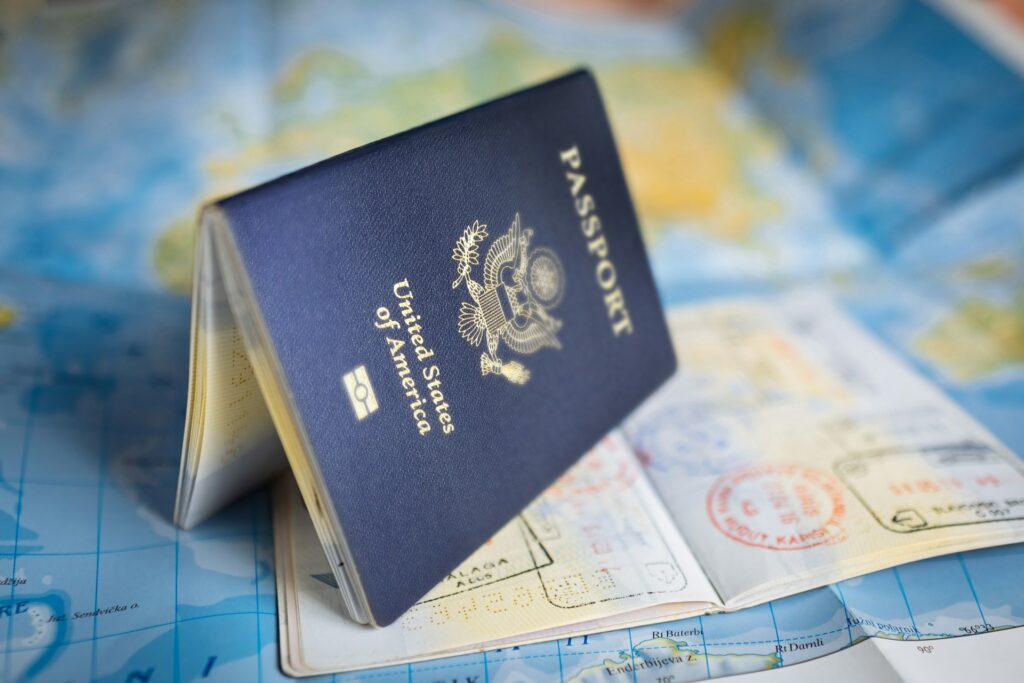
Foreign visitors in Japan are expected to prove their status on the spot when police ask. The law requires non residents to carry a passport, while long term residents carry a residence card. Officers sometimes conduct checks near train stations, nightlife areas, or after disturbances. If someone has left identification locked in a hotel safe, the encounter can escalate fast. Refusing to cooperate or repeatedly ignoring instructions may turn a simple check into a charge for failing to carry proper identification.
Pocketknives And Tools Classed As Weapons

A compact knife or multitool feels like a practical accessory in many American cities. Under Japan’s Swords and Firearms law, that same object can be treated as a weapon. Carrying a blade longer than about 6 centimeters without a clear, specific reason can qualify as a criminal offense. Even smaller blades can draw suspicion if they seem meant for self defense rather than work. Police have arrested travelers who simply forgot a tool in a bag, especially around trains and crowded areas.
Drones Over Temples, Parks, And City Centers
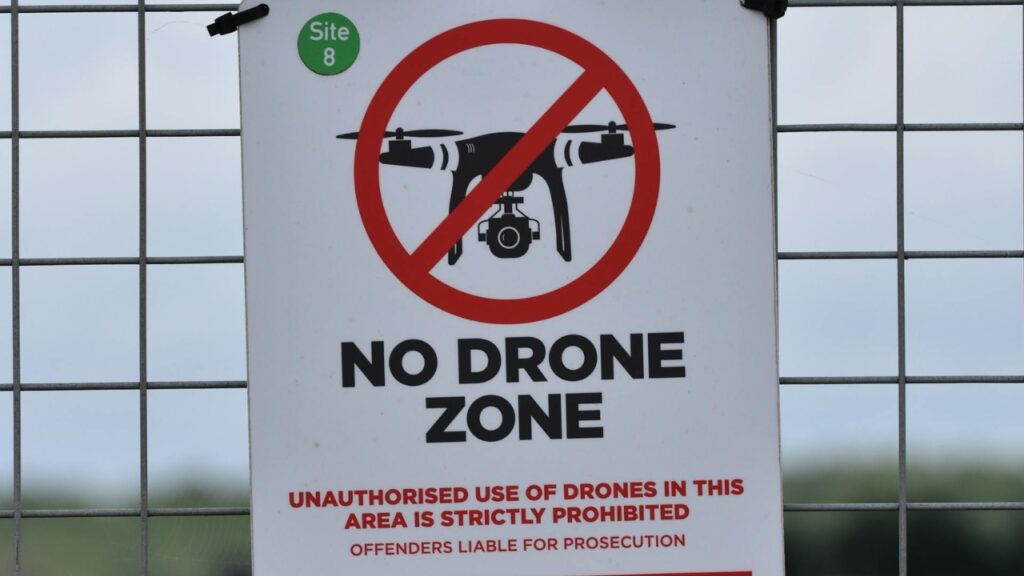
Drones and travel content go hand in hand now, but Japanese regulations view them as small aircraft first and gadgets second. Devices above a certain weight must be registered, and flying over dense neighborhoods, around airports, or near important buildings is heavily restricted. Many city parks also forbid drone flights outright. A tourist who sends a drone over a famous temple or busy plaza might attract officers faster than likes, and the result can be confiscation of the drone and criminal charges.
Treating Bicycles Like Casual Toys
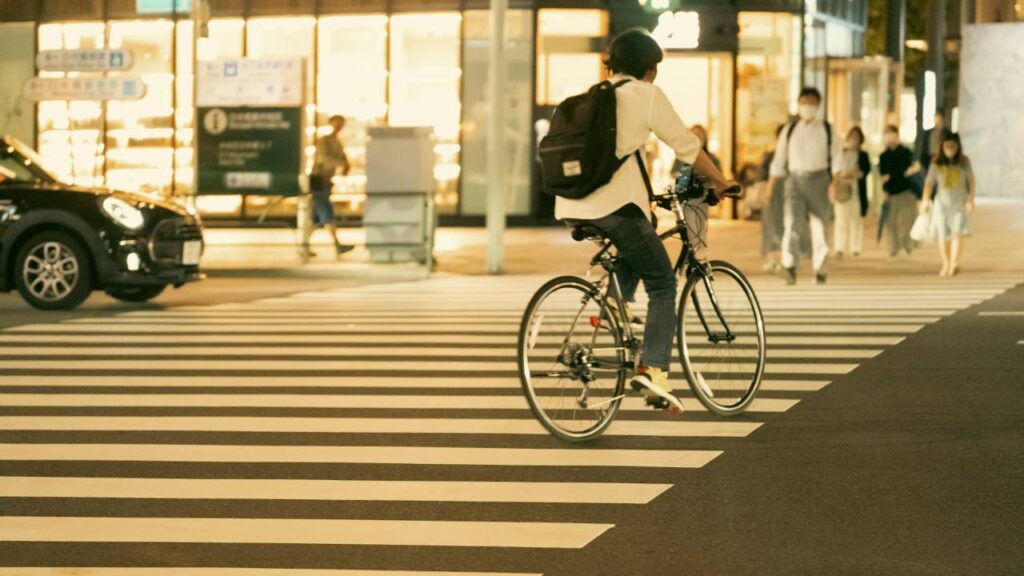
In Japanese traffic law, a bicycle is not a toy, it is a vehicle that must share responsibility with cars and pedestrians. Riding after drinking, steering with one hand while holding an umbrella, or checking messages while moving are all treated as serious violations. Recent crackdowns allow for steep fines and even jail time in the most severe cases, especially when injuries occur. A visitor who treats a rental bike like a carefree prop for nightlife or photos may discover that police view it very differently.
Working Remotely On A Tourist Stamp

The line between vacation and work trip has blurred for many professionals, but Japanese immigration rules still draw a firm distinction. Tourist status is meant for sightseeing, family visits, and limited meetings, not ongoing paid work for a foreign company. Someone who spends long stretches working from cafés or posting publicly about a remote job while on a short stay could raise red flags. If immigration officers decide that activity counts as unauthorized employment, the outcome can be detention, removal, and a future entry ban.
“Candid” Photos That Slip Into Voyeurism

Photography is a huge part of the charm of visiting Japan, from neon alleys to crowded trains. Local privacy and anti voyeurism laws, though, have become much tougher in response to hidden cameras and abusive behavior. Secret filming on escalators, intrusive shots on trains, and any images focused on intimate areas can be treated as sexual offenses. Authorities do not care if the photographer claims a prank or social media experiment. The combination of a smartphone and bad judgment can lead straight to arrest.
Bringing In Meat, Fruit, Or Plants Without Permission
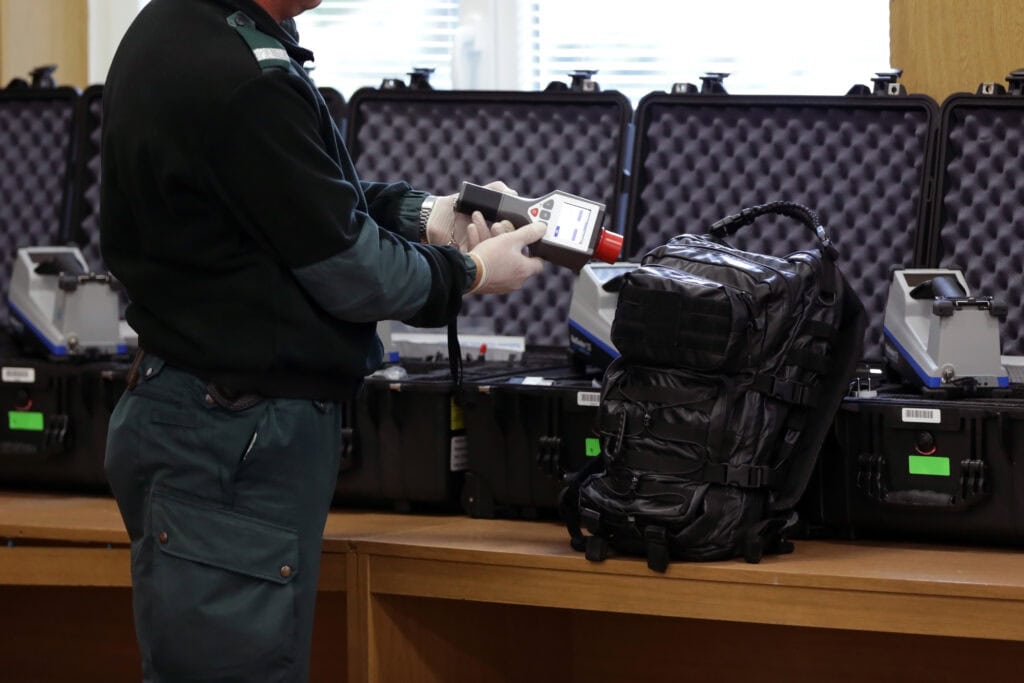
Japan guards its agriculture and livestock industries with strict quarantine rules. Meat, fresh fruit, vegetables, seeds, and plants are heavily controlled at the border. What feels like a thoughtful gift from home, such as homemade sausages or garden seeds, can count as a biosecurity threat if it lacks the proper certificates. Travelers who ignore the declarations on customs forms or try to hide food items risk more than confiscation. Repeated or deliberate violations can trigger fines, prosecution, and long term trouble with immigration.
Ignoring No Smoking Zones Indoors And Outside
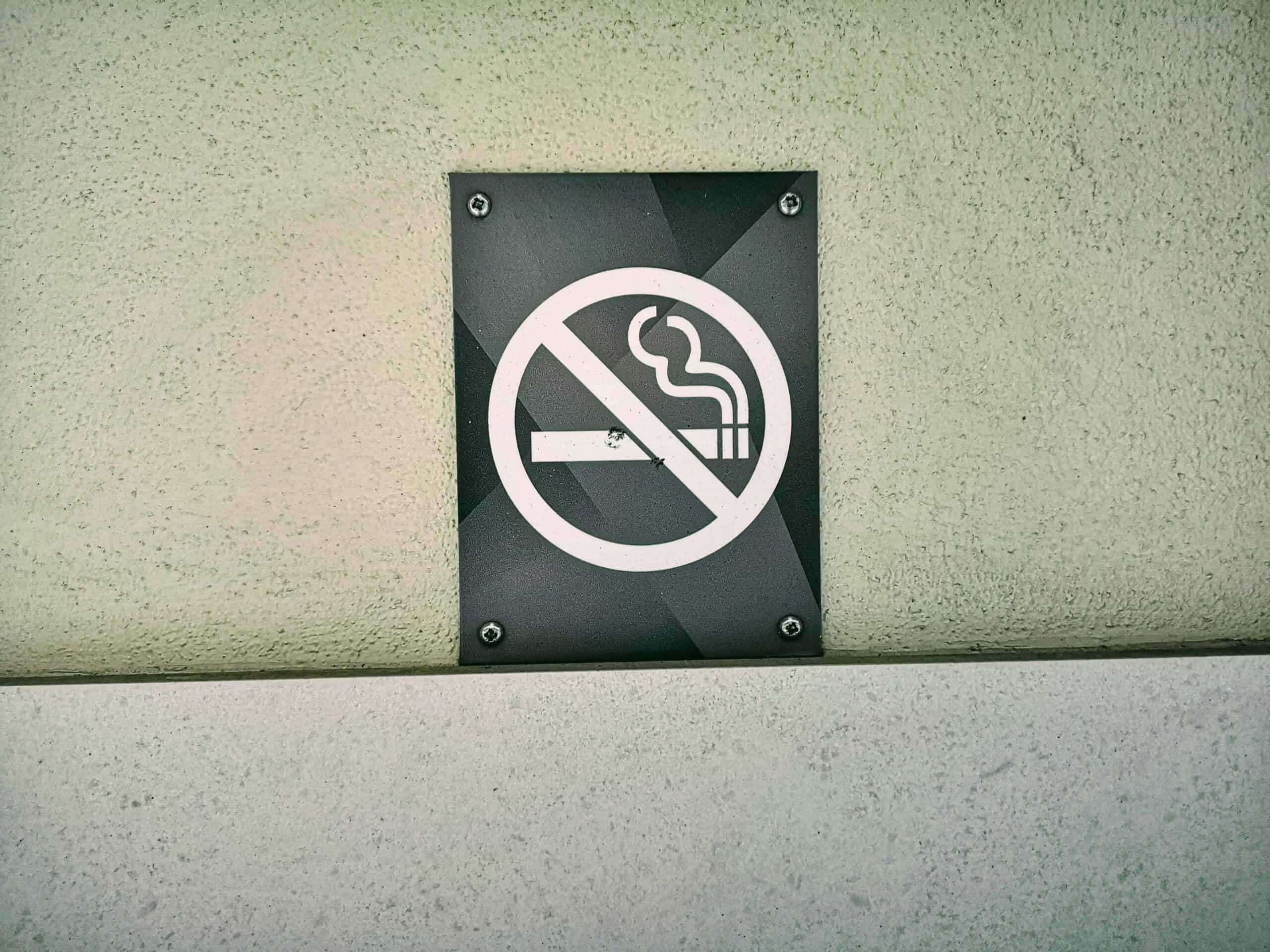
Japan’s image as a smoker friendly country is slowly changing as health rules tighten. Indoor smoking is banned in many public spaces, and special rooms or designated areas are now common even in bars and restaurants. Several cities also restrict smoking on busy sidewalks and around stations, with ward officers patrolling and issuing fines. Most encounters end with a warning or ticket when someone cooperates. Aggressive refusal, repeated violations, or smoking where it is clearly banned can push an ordinary rule breach toward arrest.
Other Blog Posts You Might Enjoy
www.idyllicpursuit.com (Article Sourced Website)
#Japanese #Laws #Unsuspecting #American #Tourist #Arrested #Idyllic #Pursuit
